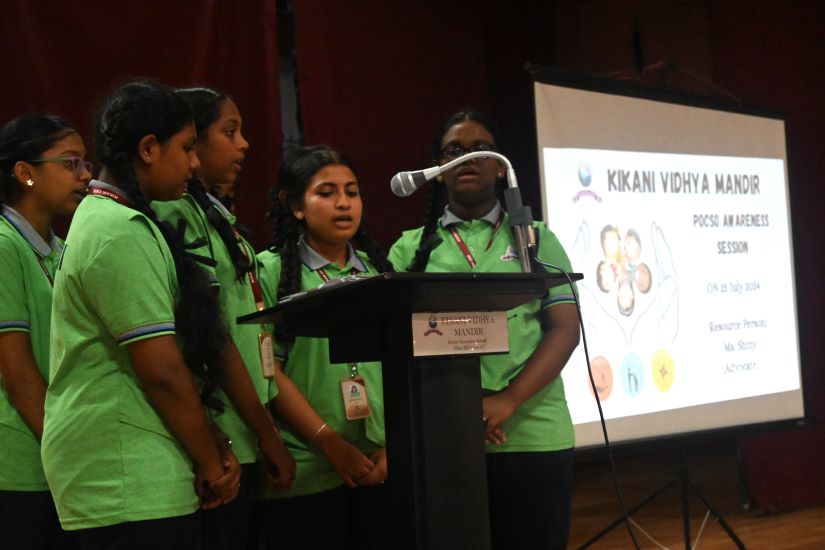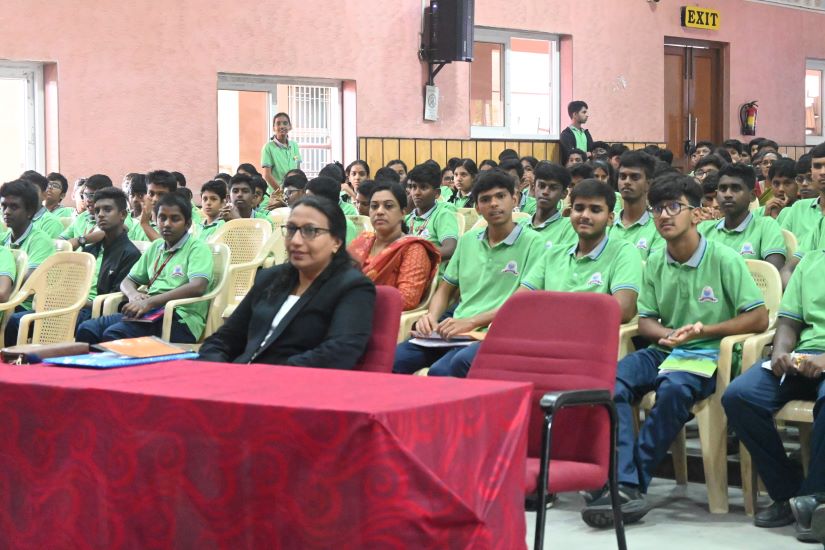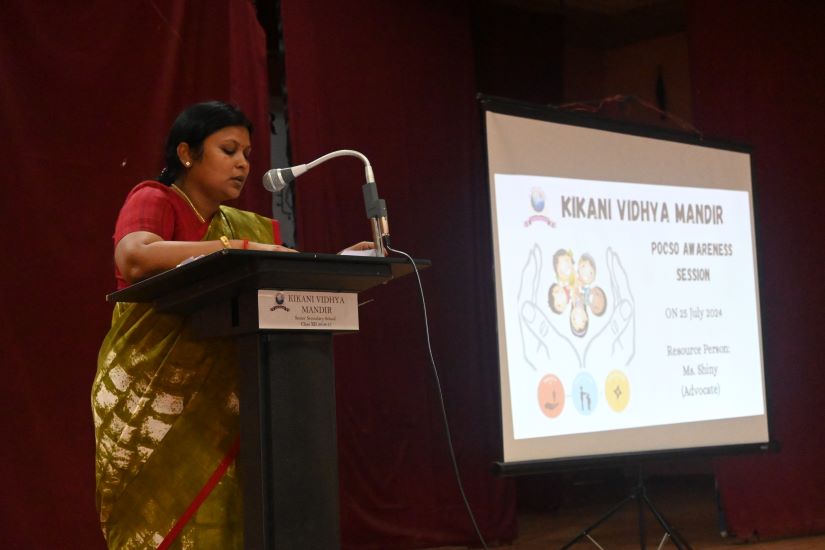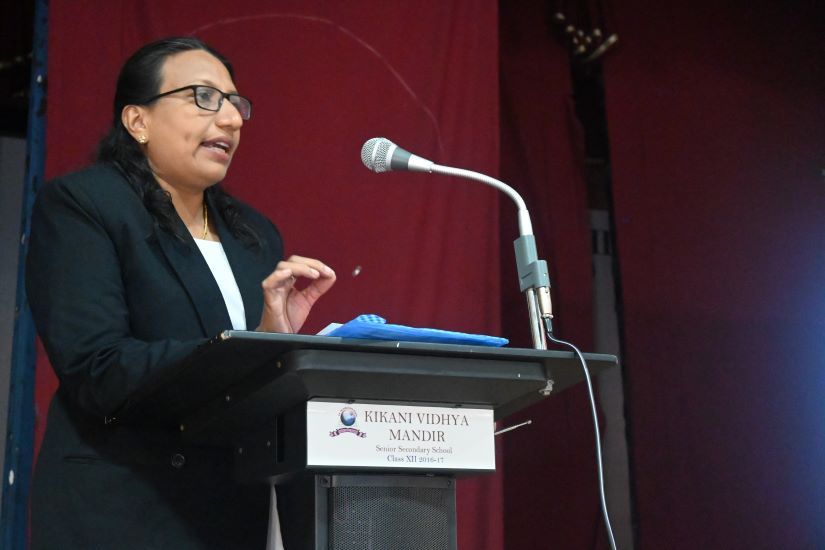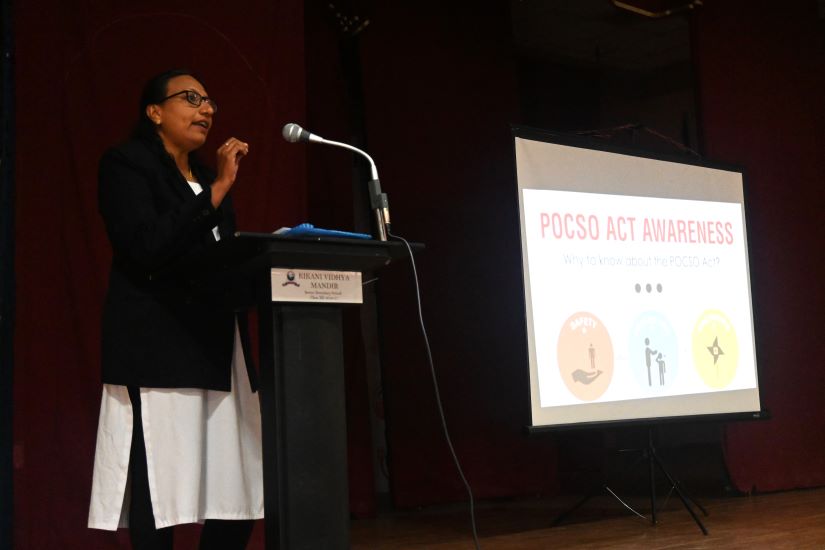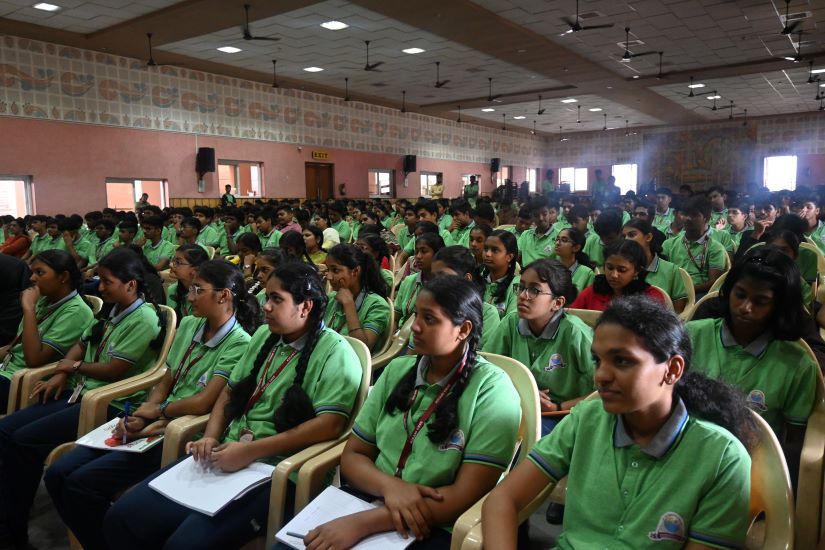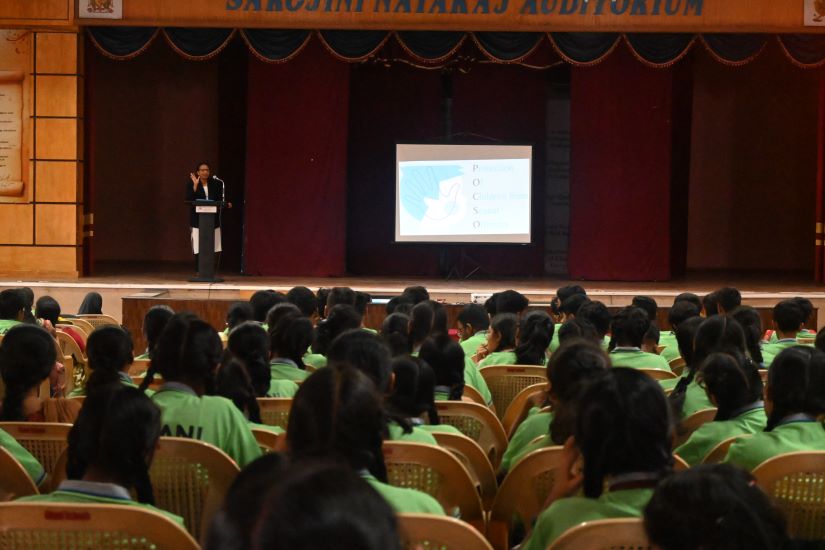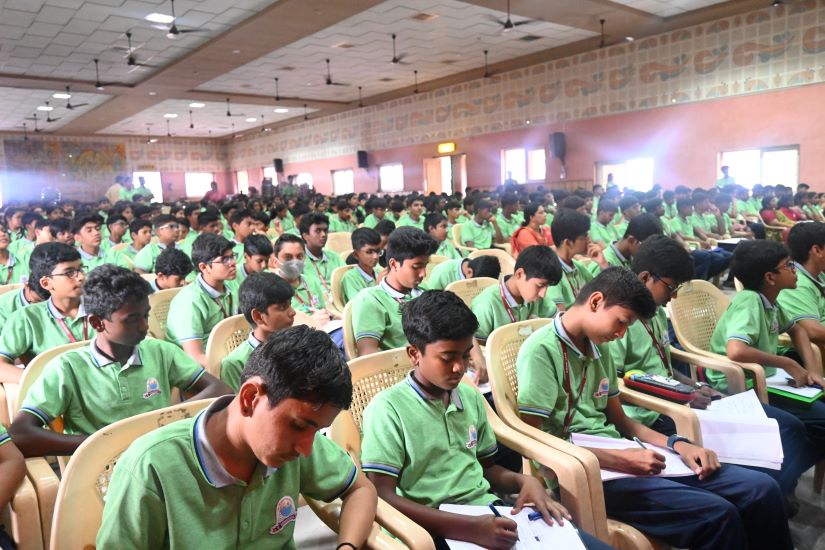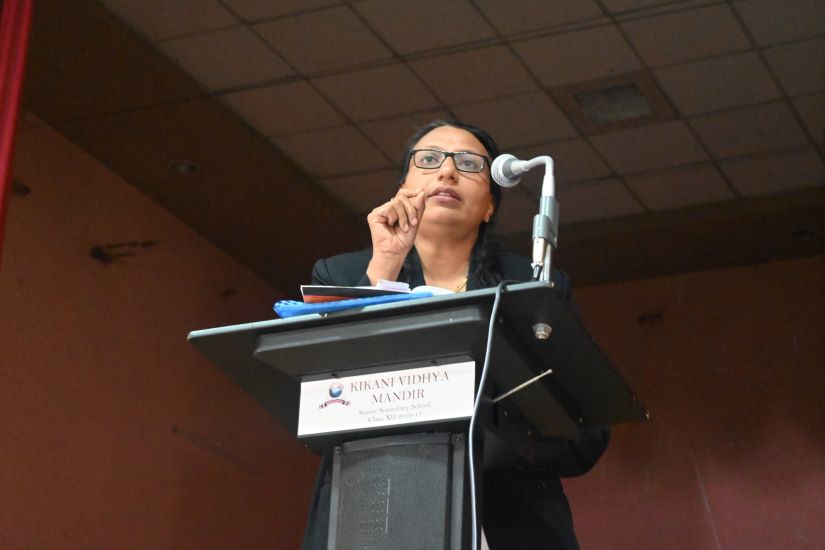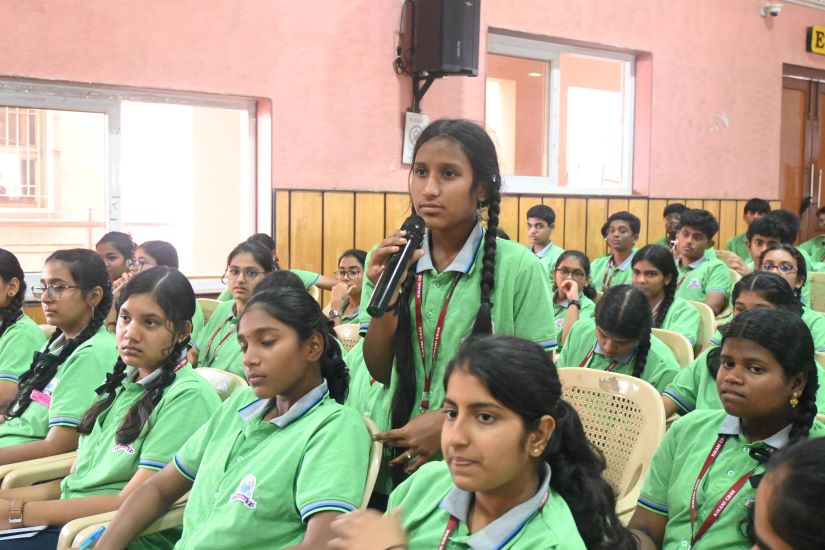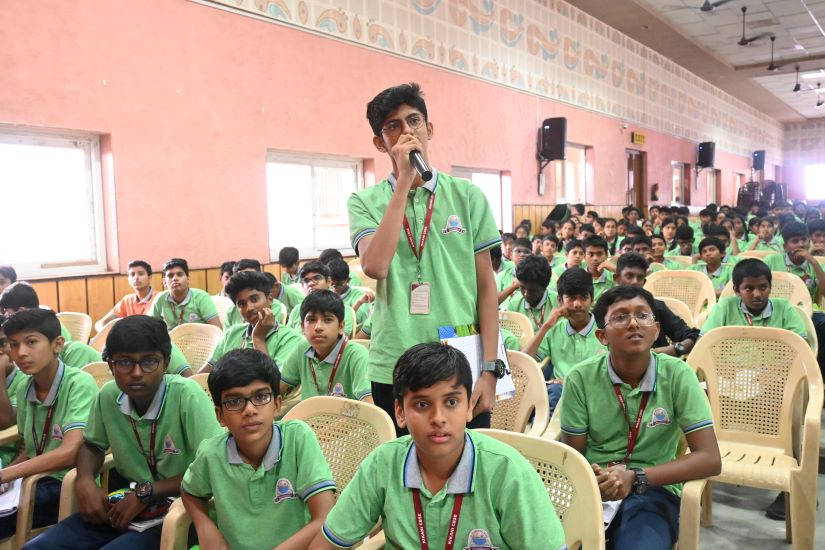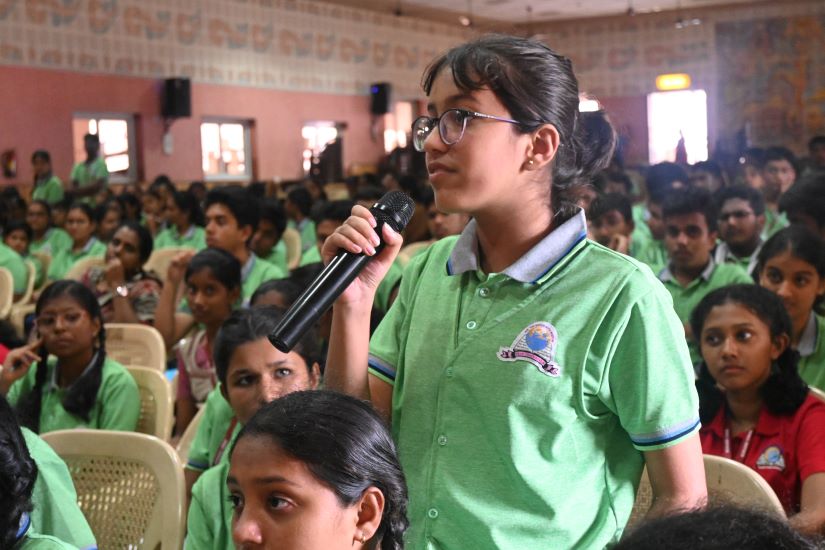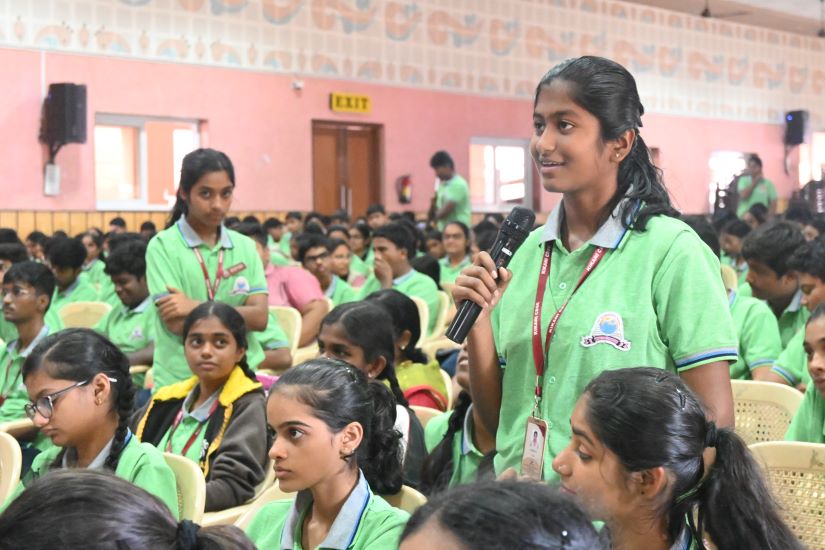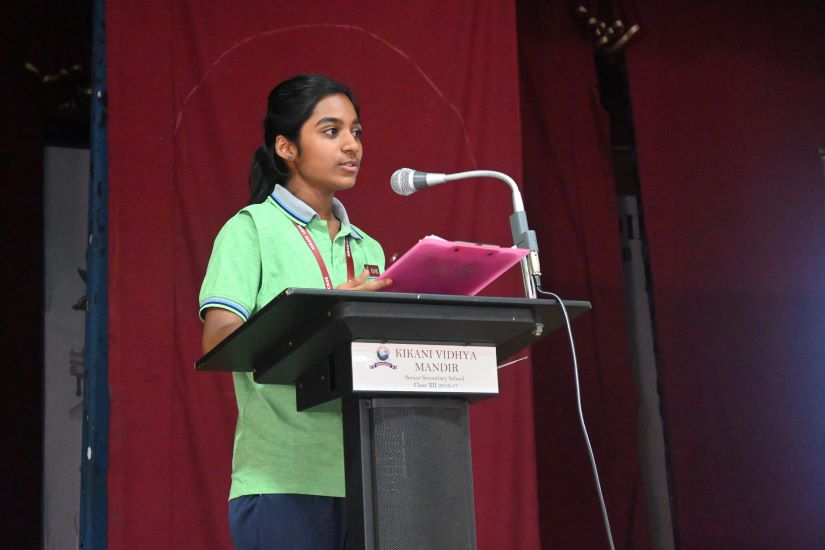POCSO AWARENESS SESSION
July 25, 2024
Report on POCSO Awareness Session
Date: 25th July 2024 Venue: Kikani School Auditorium
Resource Person: Ms. Shiny Grade: 9-12
On 25th July 2024, Kikani Vidhya Mandir hosted a POCSO (Protection of Children from Sexual Offences) Awareness session at the school auditorium for students in Grades 9 to 12. The session was conducted by Ms. Shiny, an expert in child rights and protection, who aimed to educate the students about the POCSO Act and its provisions.
The session focused on several key objectives:
Creating a Safe and Secure Environment for Children: Emphasizing the importance of providing a safe environment where children can grow and learn without fear of abuse or exploitation.
Gender-Neutral Provisions: Highlighting that the POCSO Act is gender-neutral, protecting all children, regardless of gender, from sexual offences.
Mandatory Reporting of Abuse: Stating the legal requirement to report any case of child sexual abuse promptly, ensuring necessary support and intervention.
Friendly Investigation Process: Explaining the Act’s provision for a child-friendly investigation process, which includes conducting interviews in a non-threatening manner and with a trusted individual present.
Special Courts for POCSO Cases: Discussing the establishment of special courts for POCSO cases to expedite justice and handle sensitive cases with care.
Proceedings for the Best Interest of the Child: Ensuring that all proceedings prioritize the child’s dignity and well-being throughout the legal process.
Difference between Sexual Abuse and Sexual Harassment:
Ms. Shiny clarified that sexual abuse involves any unwanted sexual activity, including force, threats, or exploiting victims unable to consent. Sexual harassment, in contrast, includes unwelcome sexual advances, requests for sexual favors, and other verbal or physical harassment of a sexual nature.
Categories of Sexual Abuse:
Various actions considered sexual abuse under the POCSO Act were outlined, such as inappropriate touching, exploitation, and coercing a child into any form of sexual activity. The session stressed the importance of recognizing these signs and understanding the legal avenues available to victims.
Legal Recourse and Reporting Mechanisms:
The steps victims of sexual abuse should take were detailed, including the importance of reporting to a trusted adult or authority and the legal processes involved. The child-friendly aspects of the reporting and handling processes under the POCSO Act were emphasized.
Provisional Facilities under the Indian Penal Code (IPC):
The session covered additional protections under the IPC, such as in-camera proceedings, which ensure privacy and confidentiality during trials to protect the victim’s dignity.
Maintaining Victim Confidentiality:
The importance of maintaining the secrecy of the victim’s identity to prevent social stigma and further victimization was stressed, with strict measures under the POCSO Act to protect the child’s identity.
Interactive Q&A Session
The session concluded with an engaging questionnaire segment where students actively participated. Key topics discussed included:
– Child Marriage: Questions about the legal stance and prevention measures.
– Teen Pregnancy: Discussion on the legal and social implications and available support systems.
– False Allegations: Addressing the sensitive issue of false allegations and safeguards to prevent misuse of the law.
– Related Crimes: Conversations extended to crimes associated with sexual abuse and harassment, including online exploitation and the role of digital evidence.
Ms. Shiny thoroughly addressed these questions, providing clarity on the legal rights of children and the responsibilities of adults in protecting them. The session also covered the penalties for those found guilty under the POCSO Act. Depending on the severity of the offence, punishments can range from fines to life imprisonment. The Act is stringent to deter such crimes effectively.
The session was highly informative and empowered students with the knowledge to recognize, report, and resist any form of sexual abuse or exploitation.

